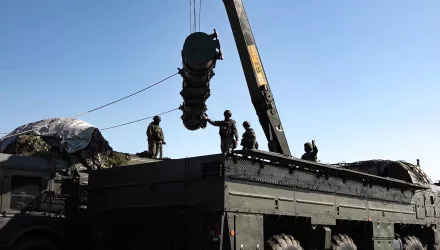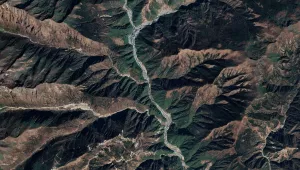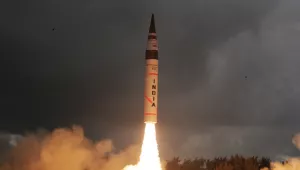Minister Jairam Ramesh is a Fisher Family Fellow with the Future of Diplomacy Project and a leader in international climate negotiations. A Member of Parliament from Andhra Pradesh, Ramesh was chief negotiator for India at the 2009 United Nations Climate Change Conference held in Copenhagen, Denmark, between 7 to 18 December 2009. He has been a leading figure in international climate diplomacy for years.
Ramesh was the Union Cabinet Minister for Rural Development under Prime Minister Singh from 2011-2014. Previously, he was named Union Cabinet Minister for Rural Development, Drinking Water and Sanitation in 2011. He held numerous high-level government posts, including the Union Minister of State for Environment and Forests from 2009-2011; Union Minister of State for Commerce and Power from 2008-2009 and Union Minister of State for Commerce from 2006-2009.
In the 1980s and 1990s he served in a number of high-ranking advisory roles in various government ministries, including as Adviser to the Finance Minister and Economic Adviser in the Ministry of Industry.
A prolific writer and analytical thinker, Minister Ramesh wrote columns for the Telegraph and for India Today among a number of other publications for years. He has published books on US-India relations and on the effects of globalization on India.
In this Project on Managing the Atom Seminar, Ramesh will examine India's Nuclear Energy Policy and Climate Change.




